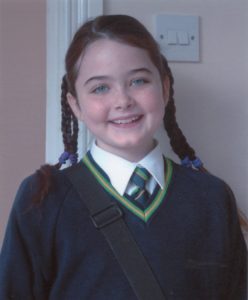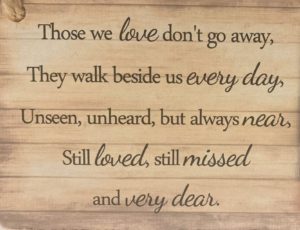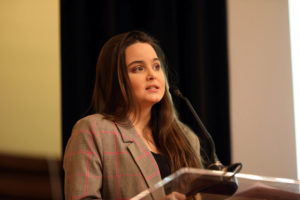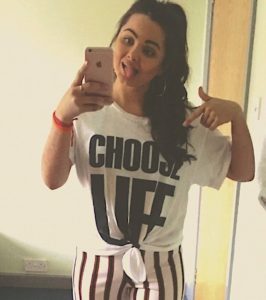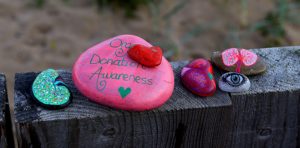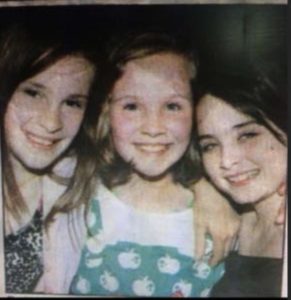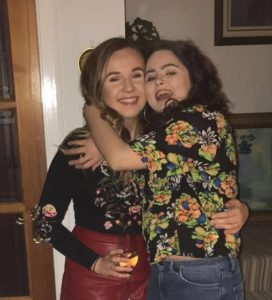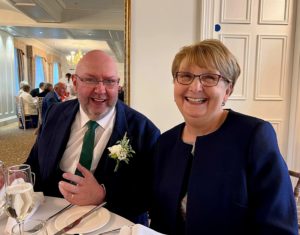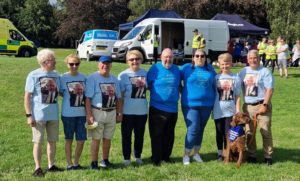There are probably a few too many ornaments and craft things in our house, but most are soaked in memories and won’t get thrown away. Some originated with the play specialists from times in Birmingham Children’s Hospital (BCH), and their invitation to paint, draw, and imagine, and some of what was created hangs on our Christmas tree each year.
These delightful visitors to the bedside use play to help children (and their families!) feel more comfortable in their environment, express their hopes and fears, and deal better with the unknown and with what is going on with them.
That’s not unlike another team who find their way to wards and bedsides and who, at their best, also play a part in creating safe space for patients and visitors alike to express the tangled emotions and concerns that being vulnerable can bring. The multi-faith team of chaplains. Loitering with intent. Twenty four hours a day. Seven days a week. “Available to lift and soothe spirits of our patients, families and staff…in times that are hard and sad, confusing and anxious, and also to celebrate good news and healing.” And since their purpose is to offer support, it doesn’t matter whether a person is religious or not, whatever their faith is, or isn’t, and “we won’t mention God unless you talk about God first!”
There’s a skill to being around but not being intrusive, available but not disturbing. A skill to popping a head round the door with or without an appointment, and sensing the moment well enough to offer to stay and chat, or pop back later. The smiles help. And, for some of us, even adults in the Children’s Hospital, a chaplain’s outrageously colourful shirt smothered in teddy bear patterns or Christmas motifs was never off-putting. Quite the opposite, and it’s hard not to crack a smile yourself.
Then the listening ear, and every other gentle, respectful way of reading the patient and the other people in the room, helping trust and respect to grow. Like the play specialists, some of the best chaplains are those who come to explore things with us and not explain, to invite our thoughts and feelings rather than just give us their own. It strengthens the experience of respect and dignity, something that can slip away too easily when you’re at the mercy of everybody else’s action and ideas.
In the BCH chapel, as in many more, there is a welcoming space to be. Somewhere to go in the gaps, day or night. To think, or try not to think. A place for tears too, and those silent screams of pain – or joy – silent only out of respect for those around. A gentle place, with simple things to hold on to when other things are crumbling, changing, frightening. Like the small basket of pebbles, some marked with words – fear, trust, hope, strength, joy, pain, courage… Something to hold and focus a thought whatever it may be and wherever it may lead.
Small tealight holders on a side table with slips of paper that may become requests for prayer, for support, gathered at the end of the week and spoken by chaplains in a simple space together as the candles are lit.
A dry tree branch for hanging leaf-shaped cards bearing the names of those we care for, are concerned for, or who have died and whose names are honoured again as they are read by others.
The book at the back of the room for prayers, in any language, addressed to any hearer or none, human or divine; a book which becomes a kind of log for those on prolonged periods in the hospital. Some trace the stories of others there, sharing their need for compassion and kindness, and a desire to be that for each other. There is gratitude on many of those pages…
It might sound a bit obvious to say, but there’s great wisdom in being included in what’s happening in your own story, your own healing. It can add to confidence in conversations with the doctors and consultants. It strengthens the faith we can bring to it all, our faith in the hospital, in the staff who look after us, the family and friends who are with us, in the donors and their precious gift, faith in the kindness of those who care. Faith in those who are doing and will do their best with skill, wisdom, passion and dedicated attention.
So a thumbs up, a smile, and thanks, to the best of the chaplains, and to all others like them, who keep faith and hope alive…

